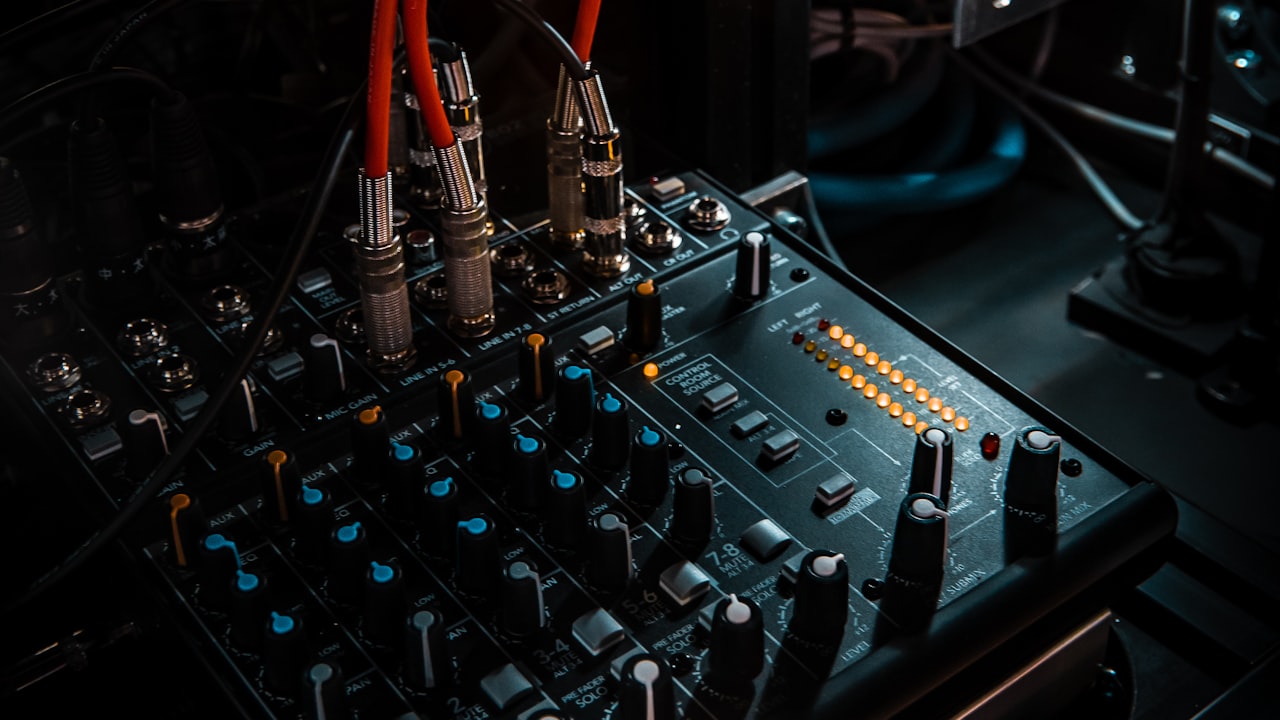 Title: The Evolution of Pharmaceutical Machinery: From Manual Labor to High-Tech Automation
Title: The Evolution of Pharmaceutical Machinery: From Manual Labor to High-Tech Automation
Pharmaceutical machinery plays a crucial role in the production of medications, ensuring precision, efficiency, and safety in the manufacturing process. Over the years, advancements in technology have revolutionized the pharmaceutical industry, leading to the development of sophisticated machines that have greatly improved production processes and quality control.
One of the key machines in pharmaceutical manufacturing is the table press machine. Table press machines, such as the TDP (Tablet Press) and THDP (High-Speed Tablet Press), are essential for the production of tablets. These machines compress powdered ingredients into tablets of specific sizes and shapes. In the past, tableting was a labor-intensive process that required manual labor. However, with the introduction of table press machines, the production of tablets has become more efficient and precise.
Another critical machine in pharmaceutical manufacturing is the capsule filling machine. Capsule filling machines are used to fill empty gelatin capsules with powdered or granular materials. These machines ensure accurate dosing and are essential for the production of capsule medications. Like table press machines, capsule filling machines have evolved over time to improve efficiency and accuracy in the production process.
The introduction of automation in pharmaceutical machinery has been a game-changer for the industry. Automation has enabled pharmaceutical companies to increase production capacity, reduce human error, and improve overall product quality. High-tech advancements in machinery, such as robotics and artificial intelligence, have further enhanced the efficiency and effectiveness of pharmaceutical manufacturing processes.
The transition from manual labor to high-tech automation in pharmaceutical machinery has brought about significant benefits for the industry. Pharmaceutical companies are now able to produce medications more rapidly, accurately, and cost-effectively. Quality control measures have also been strengthened through the use of advanced technologies in machinery.
In conclusion, the evolution of pharmaceutical machinery from manual labor to high-tech automation has transformed the industry in profound ways. Machines such as table press machines and capsule filling machines have revolutionized pharmaceutical manufacturing, making it more efficient, precise, and safe. With continuous advancements in technology, the future of pharmaceutical machinery holds even greater possibilities for innovation and improvement.





